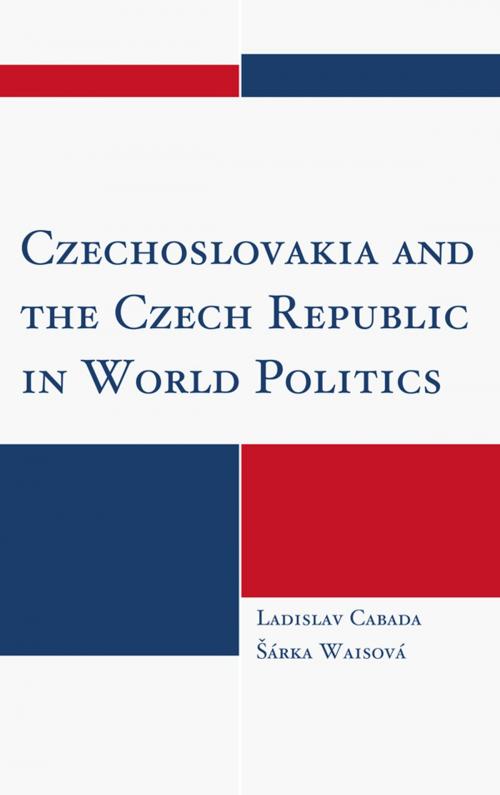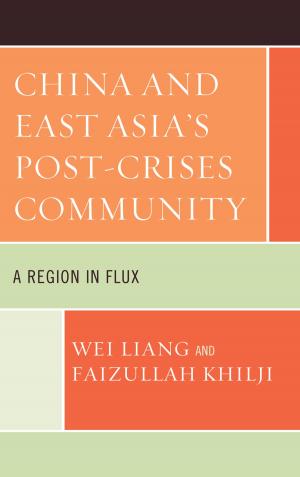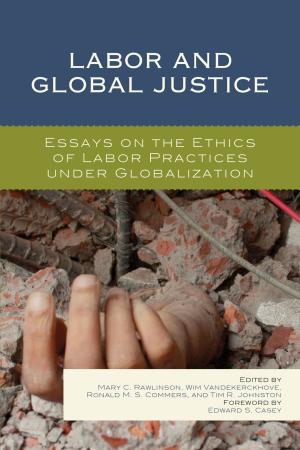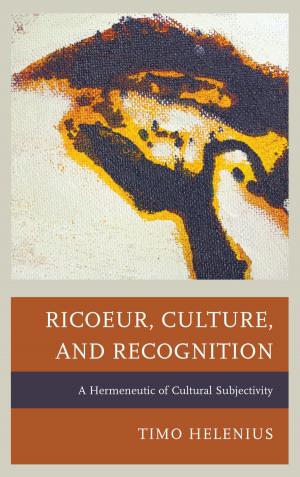Czechoslovakia and the Czech Republic in World Politics
Nonfiction, History, Eastern Europe, Social & Cultural Studies, Political Science, International, International Relations| Author: | Ladislav Cabada, Šárka Waisová | ISBN: | 9780739167342 |
| Publisher: | Lexington Books | Publication: | November 21, 2011 |
| Imprint: | Lexington Books | Language: | English |
| Author: | Ladislav Cabada, Šárka Waisová |
| ISBN: | 9780739167342 |
| Publisher: | Lexington Books |
| Publication: | November 21, 2011 |
| Imprint: | Lexington Books |
| Language: | English |
The book focuses on the description and analysis of the historical formation of the Czechoslovak and Czech positions in the international system during the course of the 20th century. The first part of the book presents a brief outline of the history of Czechoslovak foreign policy between the First World War and the end of the Cold War. The authors focus on the key periods and turning points in the role of the small Central European state in the international system as well as on the significant actors formulating Czechoslovak foreign policy from the inside and influencing it from the outside. The second, analytical part of the book focuses on the key issues connected to the change of the position of Czechoslovakia and the Czech Republic after 1993 in world politics, and on the formulation of Czech foreign policy priorities and strategies in the globalized world after the end of bipolar confrontation. The authors analytically investigate the activities of the Czech Republic in (Central) European regional integration processes and the integration of the state in the global system of development cooperation. A great deal of attention is paid to the key political actors of the Czech foreign policy discussion and their impact on the formulation of foreign policy goals. Special attention is paid to the dilemmas of Czech foreign policy: the hesitation between the role of a small state and a medium power and also the span of Czech foreign policy between Atlanticism, anti-Americanism and Europeanization.
The book focuses on the description and analysis of the historical formation of the Czechoslovak and Czech positions in the international system during the course of the 20th century. The first part of the book presents a brief outline of the history of Czechoslovak foreign policy between the First World War and the end of the Cold War. The authors focus on the key periods and turning points in the role of the small Central European state in the international system as well as on the significant actors formulating Czechoslovak foreign policy from the inside and influencing it from the outside. The second, analytical part of the book focuses on the key issues connected to the change of the position of Czechoslovakia and the Czech Republic after 1993 in world politics, and on the formulation of Czech foreign policy priorities and strategies in the globalized world after the end of bipolar confrontation. The authors analytically investigate the activities of the Czech Republic in (Central) European regional integration processes and the integration of the state in the global system of development cooperation. A great deal of attention is paid to the key political actors of the Czech foreign policy discussion and their impact on the formulation of foreign policy goals. Special attention is paid to the dilemmas of Czech foreign policy: the hesitation between the role of a small state and a medium power and also the span of Czech foreign policy between Atlanticism, anti-Americanism and Europeanization.















